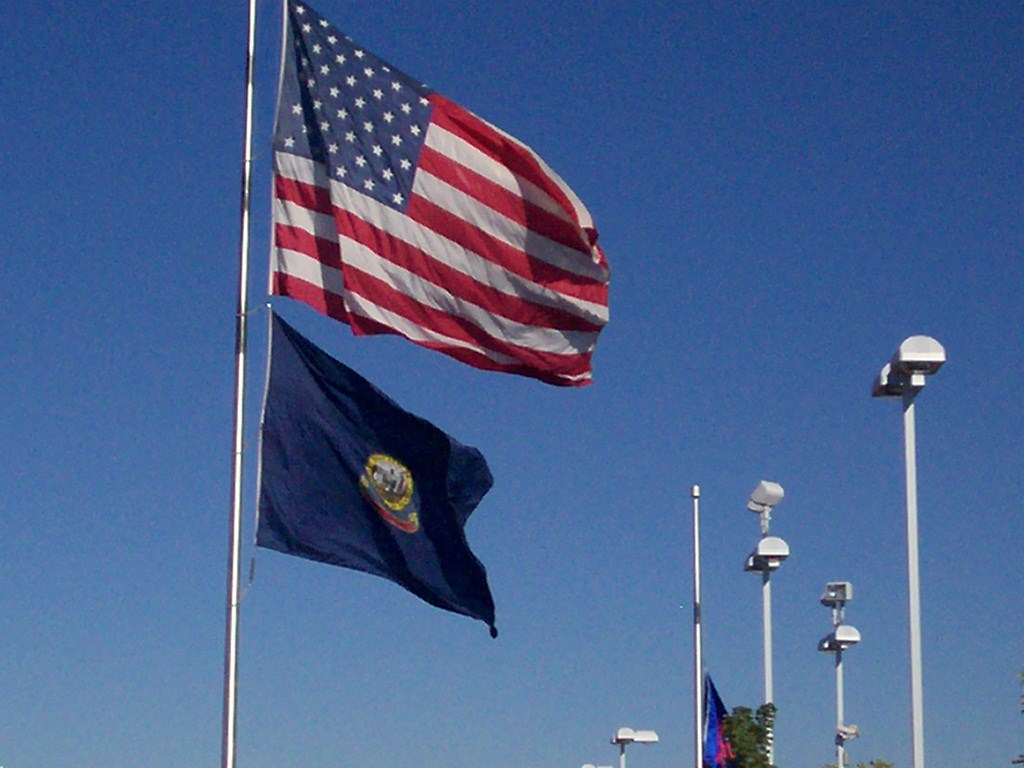On July 30, the U.S. Supreme Court put on hold a previous ruling allowing for electronic signatures and delaying a signature deadline. The court ruled in favor of Idaho Governor Brad Little (R) and Secretary of State Lawerence Denney (R) and granted an emergency stay on a lower court’s order until the appeal process is finalized. The lower court’s ruling had allowed Reclaim Idaho, the sponsors of the Idaho Income Tax Increases for Education Funding Initiative, to gather signatures electronically and extended the signature deadline.
Reclaim Idaho’s initiative was designed to increase the income tax rate for individuals with incomes above $250,000; increase the corporate income tax rate; and create and fund the Quality Education Fund.
In a statement posted to the campaign’s Facebook page, Luke Mayville of Reclaim Idaho said, “We are shocked that the Court has made this extraordinary intervention rather than let the normal appeals process run its course. … Regretfully, we see no other option than to suspend our signature drive.”
Chief Justice Roberts was joined by Justice Alito, Justice Gorsuch, and Justice Kavanaugh in granting the emergency stay that applies to all previous lower court orders in the case. Justices Sonia Sotomayor and Ruth Bader Ginsburg dissented. The published opinion and dissent did not state how Justices Clarence Thomas, Stephen Breyer, and Elena Kagan voted. The dissenting judges argued that the Court had intervened too early in the appeal process.
In his opinion, Chief Justice Roberts wrote, “[T]he State is likely to suffer irreparable harm absent a stay. Right now, the preliminary injunction disables Idaho from vindicating its sovereign interest in the enforcement of initiative requirements that are likely consistent with the First Amendment.” He added, “Nothing in the Constitution requires Idaho or any other state to provide for ballot initiatives. And the claims at issue here challenge the application of only the most typical sort of neutral regulations on ballot access.”
In response to the ruling, Governor Little said, “I am pleased that the Supreme Court upheld Idaho’s sovereignty over its election and initiative processes. It is important that initiatives follow the laws set by the Idaho Legislature so we can ensure those initiatives that get on the ballot are legitimate and have significant support throughout Idaho.”
Reclaim Idaho filed the lawsuit back in June arguing that the state’s social distancing restrictions to slow the spread of the coronavirus had made it impossible for the campaign to collect signatures, and therefore the state violated the petitioners’ First Amendment rights. A U.S. district judge granted Reclaim Idaho a preliminary injunction that gave the campaign 48 more days to gather signatures and temporary permission to use electronic signatures. The governor appealed the ruling to the 9th Circuit Court of Appeals, which denied his emergency stay request but expedited the hearing process. The court is expected to hear oral arguments on August 13.
Thirteen of the 26 states that permit statewide initiative and/or referendum featured at least one lawsuit challenging ballot measure deadlines and signature requirements due to the coronavirus pandemic. The subjects of the lawsuits include the use of electronic signatures, notarization requirements, signature deadlines, and signature requirements.
Additional reading:


